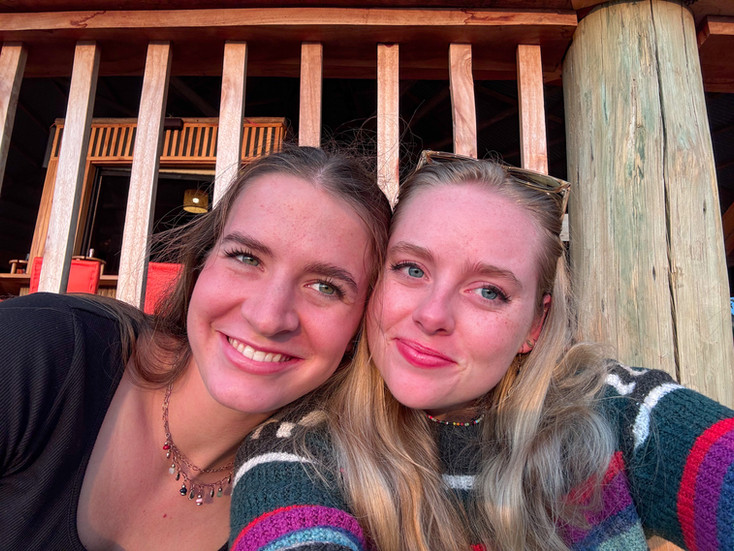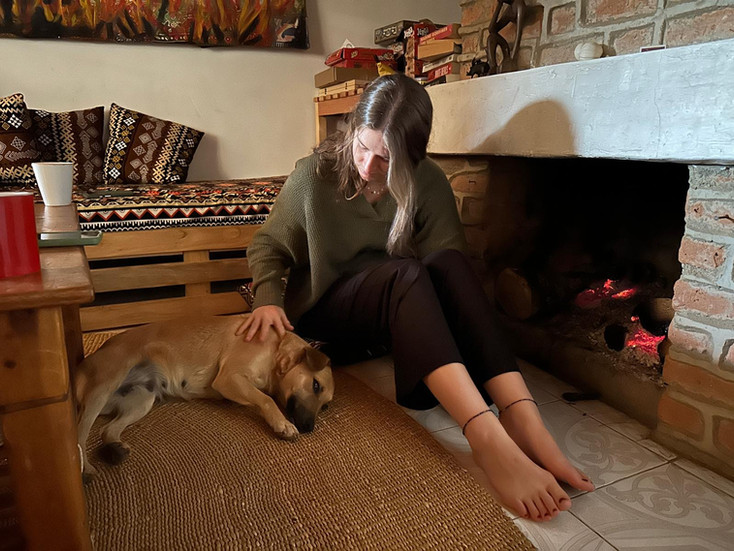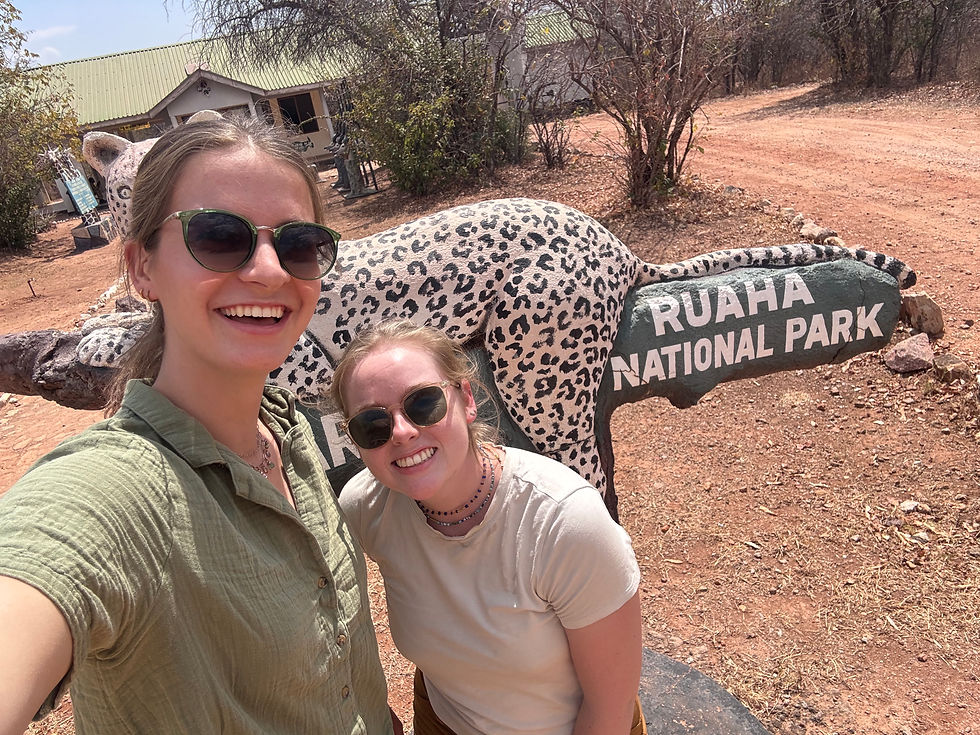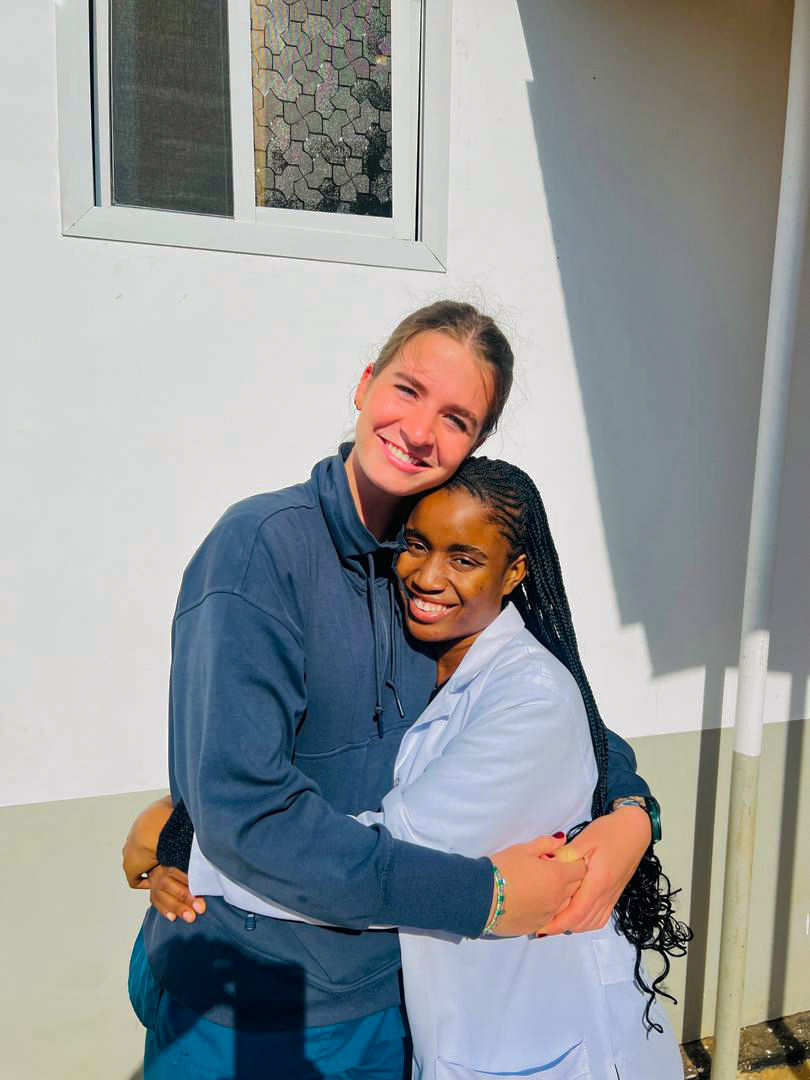Week 7
- Lucy P-BARG
- Aug 22, 2025
- 5 min read
Updated: Jan 9
Research Reflection:
This week in the hospital reminded me how layered and complicated patient care can be when chronic disease, infection, and resource limitations collide. I saw again how tuberculosis and heart failure seem to dominate the wards, often tangled together with other conditions like stroke, meningitis, cancer, or gastritis. In some cases, the diagnostic process felt fluid; a patient first thought to have stroke later considered for bacterial meningitis, or someone with TB whose chest X-ray looked much worse than their actual symptoms, leaving the team uncertain about how to proceed. What struck me most was how quickly a patient’s main problem could shift: a man admitted for TB ultimately managed for heart failure, or a cancer patient referred for chemotherapy but presenting that day with gastritis and H. pylori–induced ulcers. It showed me how medicine here is rarely linear; diagnoses overlap, resources are limited, and clinicians are forced to prioritize what is most urgent in the moment.
Financial barriers shaped nearly every decision I witnessed. A woman with hypertension and GI bleeding could not pay the 7,000 shillings needed for her medication, and the team even asked if we wanted to buy it for her. Patients are offered liquid morphine, but its cost often makes it out of reach. Even something as straightforward as a CT scan could stall because of insurance delays. Watching this happen made it clear how much health outcomes are tied not just to biology but to economics, and how the limits of money and access dictate what care is possible.
Death and suffering also felt especially present this week. A 100-year-old man with chronic kidney disease cried out for help and passed away overnight, while a postpartum woman deteriorated rapidly with pulmonary embolisms, and another man with advanced carcinoma returned again and again with new complications. Perhaps the most shocking was a case Edson shared: a man brought repeatedly to different hospitals until finally his relatives, worn down by the cost of medications, strangled him so they would not have to pay anymore. Edson later wrote “aspiration” as the cause of death on the chart, explaining that it was the diagnosis least likely to raise questions. That story has stayed with me because it revealed the devastating ways poverty, desperation, and illness intersect, sometimes with tragic outcomes hidden behind official paperwork.
Through all of this, I learned the importance of questioning beyond the diagnosis; asking not only what a patient has but why they are not following up, why the correct dose was not given, or why a consult has not been made. I also saw how easily patients become teaching tools, examined multiple times by different interns and students, which made me wonder how much healing is interrupted for the sake of education. Despite these challenges, the week also reinforced how much medicine here is about persistence — from pushing for surgical consults to piecing together incomplete lab results. It showed me that care in this setting is raw and imperfect, but it is in that rawness that I have been able to learn the most. This has been some of the most intense but also the most meaningful learning I’ve ever experienced.
1) Walking through the VIP ward 2) Storage area between the TB clinic and the pediatric ward 3) Plastic bag mat- fun fact, plastic bags have been banned in TZ since 2016 4) Reading an EKG at the patient's bed 5) This is near the area where we often conducted interviews because it was quiet
Cultural Reflection:
This final week in Iringa was filled with goodbyes and small but powerful moments that carried deep cultural meaning. Kate and I shared our last sunset dinner, watching the sky shift over the hills one final time, and it felt like a fitting symbol for closing this chapter while holding onto the beauty that had framed so many of our evenings. Saying goodbye to Devota and Josephina was especially hard. These friendships reminded me that my experience here has been shaped not just by what I’ve observed in the wards but also by the warmth, laughter, and care of the people who welcomed us into their lives.
We spent one evening with Edson playing cards, even teaching him Kings Corner, which turned into a cultural exchange in its own right. Something as simple as a card game felt like a reminder that sharing small parts of ourselves, whether a game, a joke, or a meal, builds bridges as meaningful as formal research. Visiting our friend Timo in the hospital in Dar to say goodbye drove home how friendships here often move quickly beyond professional roles and into something deeply personal. Tito, our trustworthy bajaj driver, gave us our last ride, and it struck me how people like him became quiet but essential anchors in our daily routines. Mama Joyce at the Maasai market was another constant, someone who turned shopping trips into genuine moments of connection with her humor and warmth.
On our final morning, we sat with Kibuyu by the fire, staring out at the view that had grounded us so many times before. That evening, Ahmed and James surprised us with a cake for our last meal, an act of generosity that captured the spirit of hospitality we had felt throughout our stay. These gestures, though small, spoke volumes about the cultural values of care, friendship, and celebration, even in the context of parting. As I prepare to leave, I feel a deep sadness because this has been the best and most freeing time of my life. I’ve been able to learn and grow in a raw landscape; one that challenged me, inspired me, and gave me space to see the world and myself differently. There is something about being here, in the rhythm of daily life and in the rawness of the experiences, that made everything feel more real and meaningful. Saying goodbye to the people and the place is not easy, but I know the lessons and relationships I carry forward will shape me long after this week.
1) Kate and I at our last sunset dinner 2) Saying goodbye to Devota and Josephina 3) We met Edson to play some cards 4) Teaching Kings Corner to Edson 5) Our friend Timo was in the hospital in Dar so we went to visit and say goodbye 6) Tito, our trustworthy bajaj driver, and our last ride 7) Mama Joyce, our favorite woman at the Maasai market 8) Goodbyes to Erick and Jerry 9) Kibuyu sitting with us on our last morning by the fire 10) Going to miss this beautiful view 11) Ahmed and James got us a cake for our last meal!



































Comments